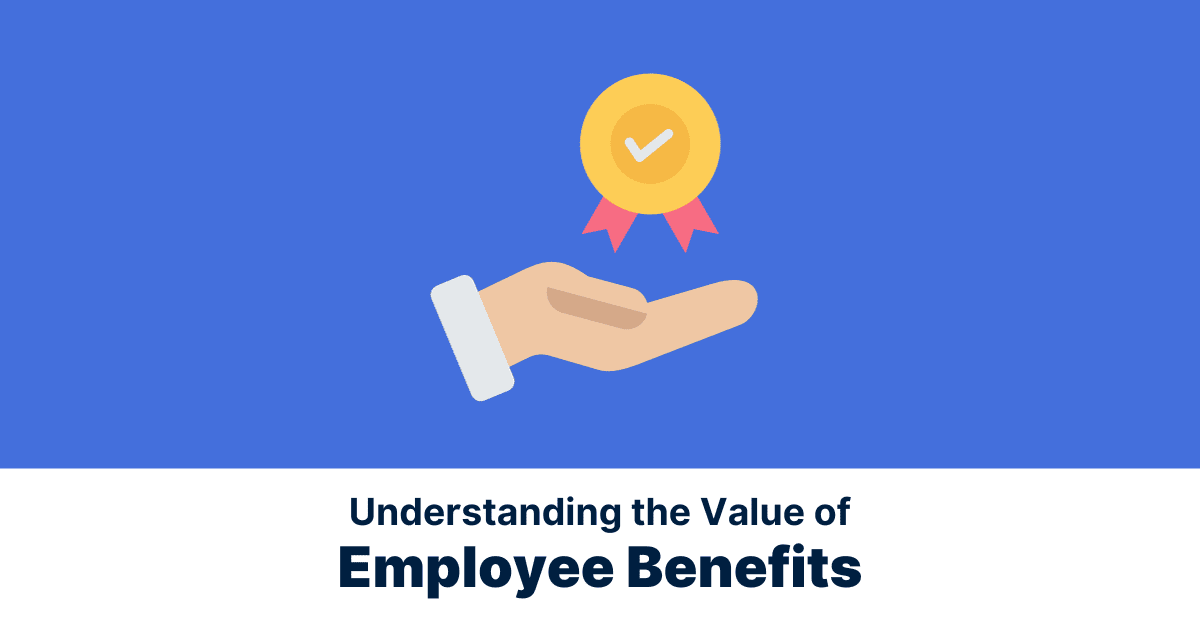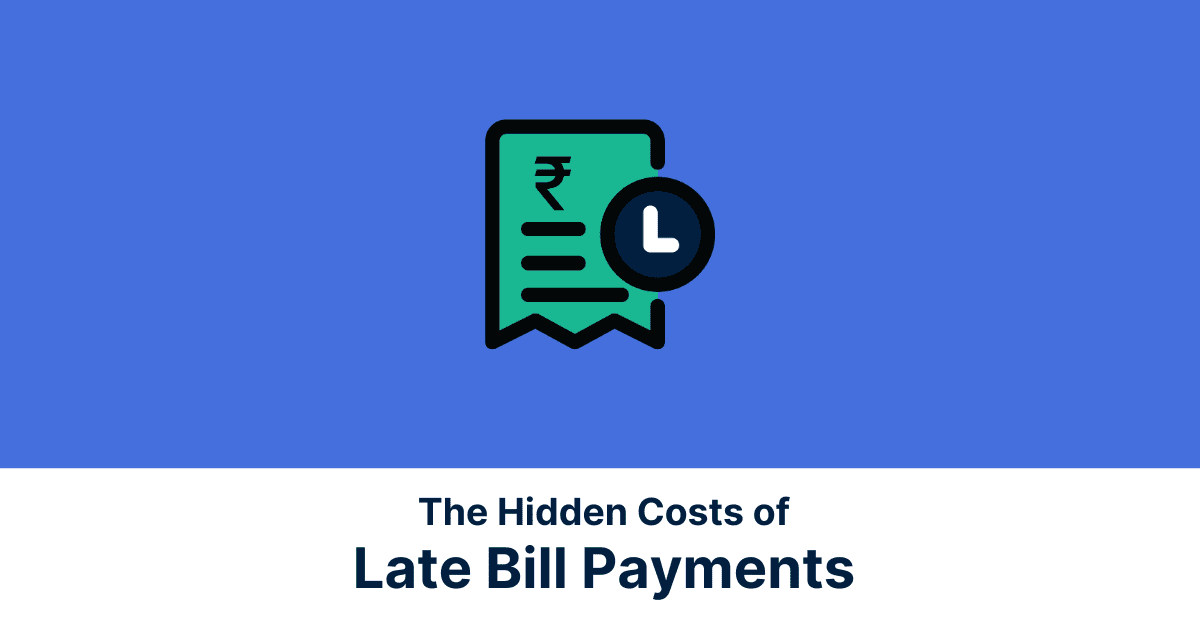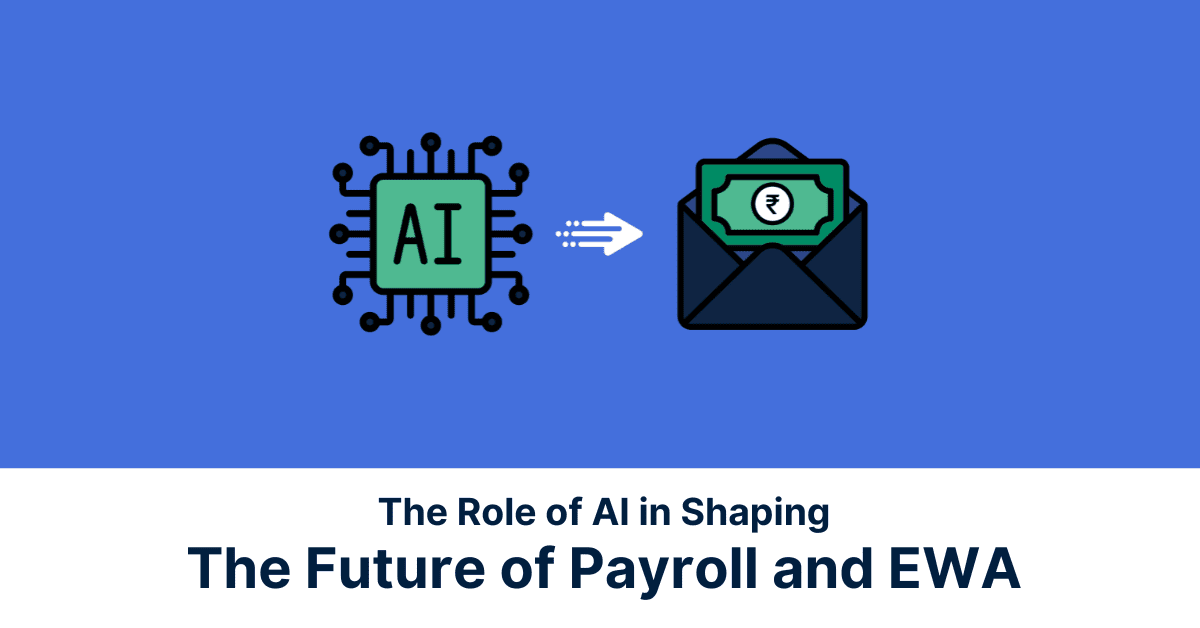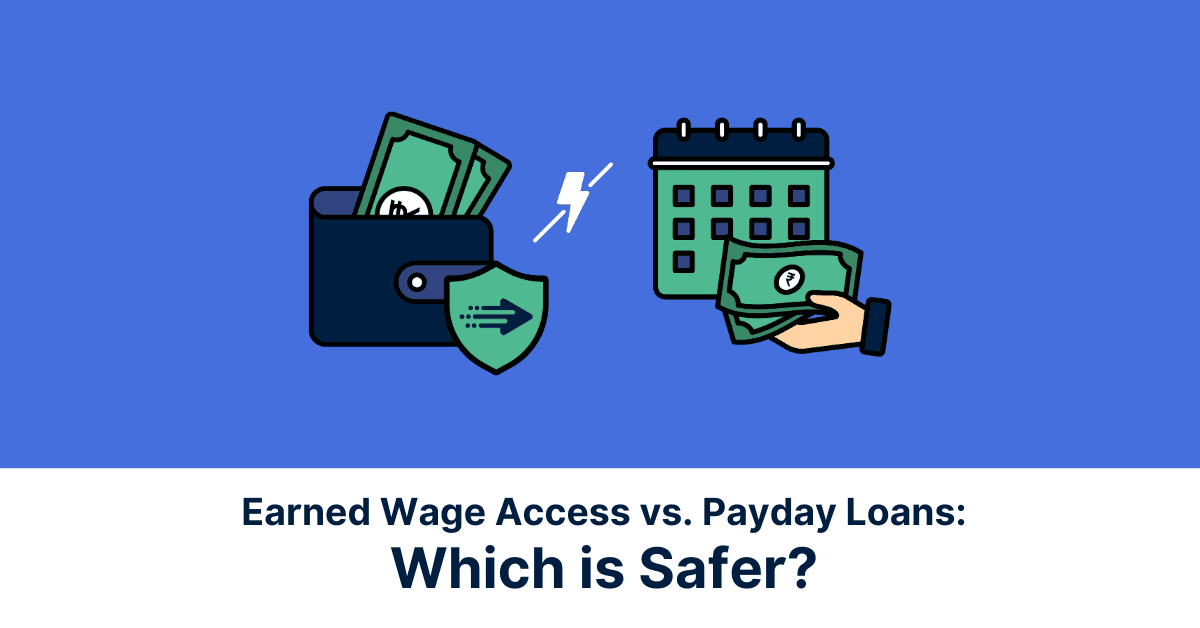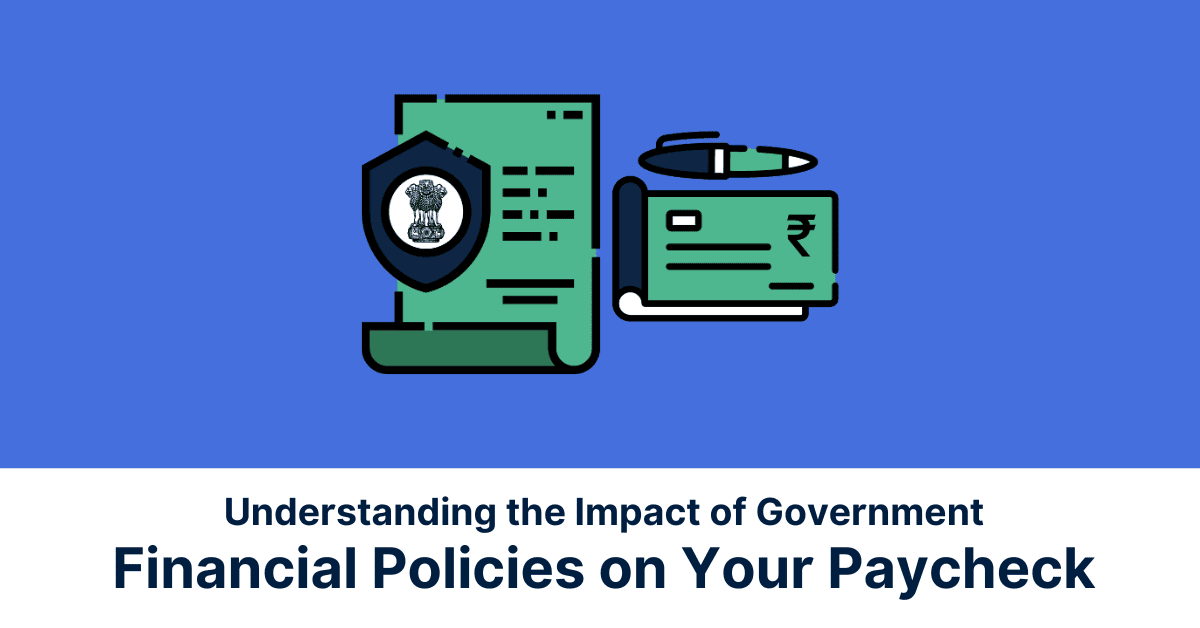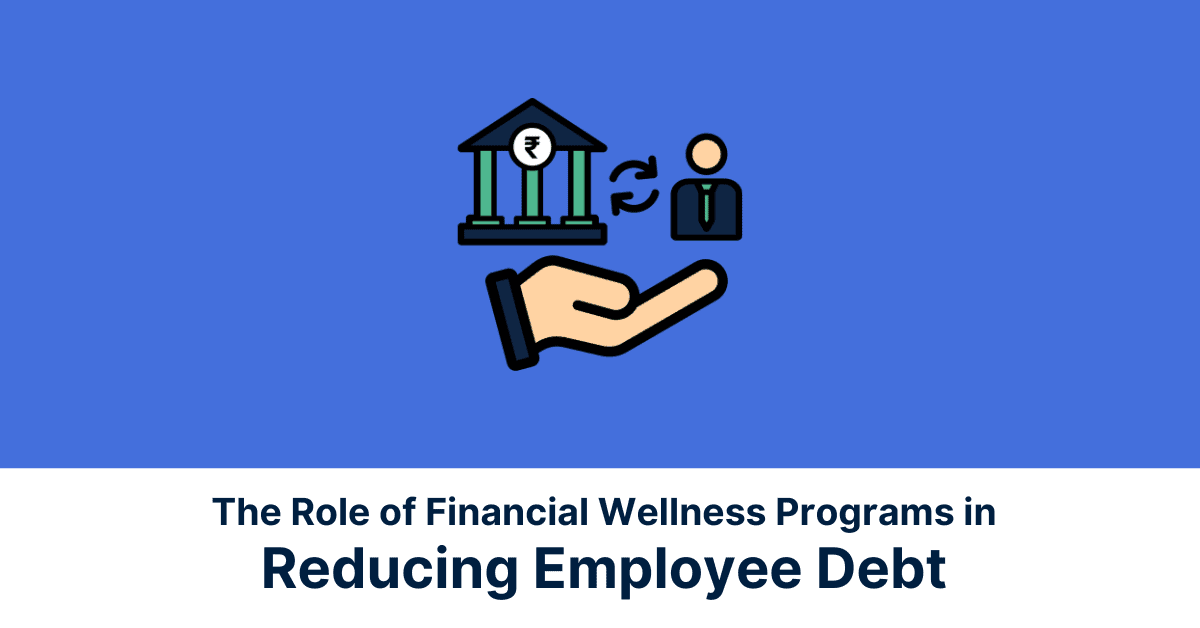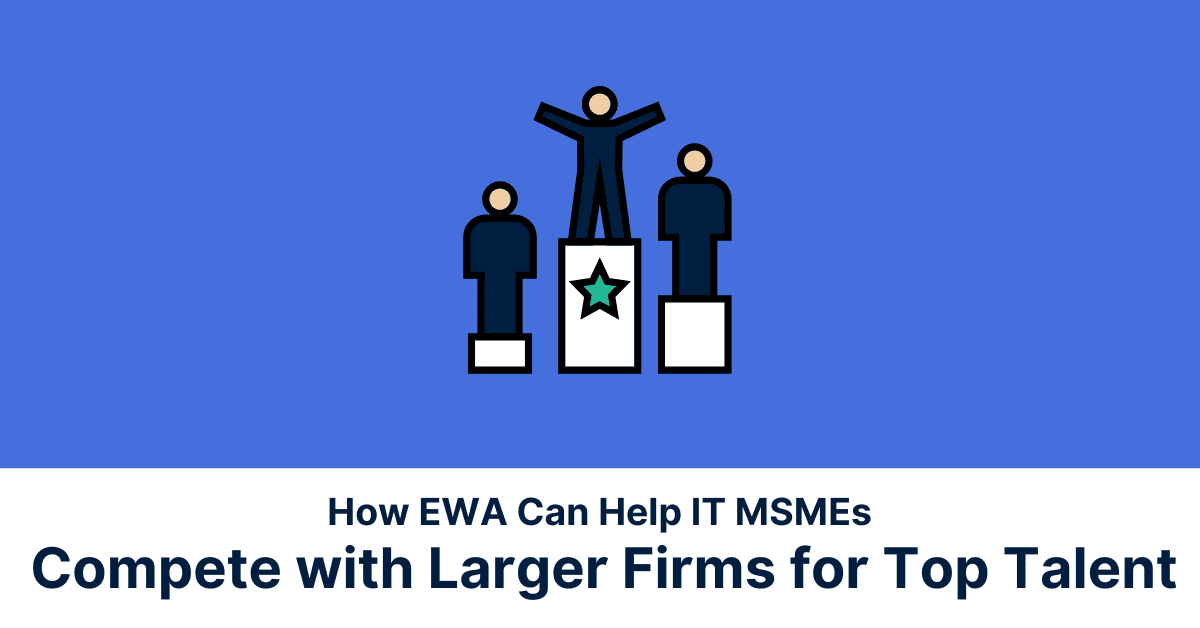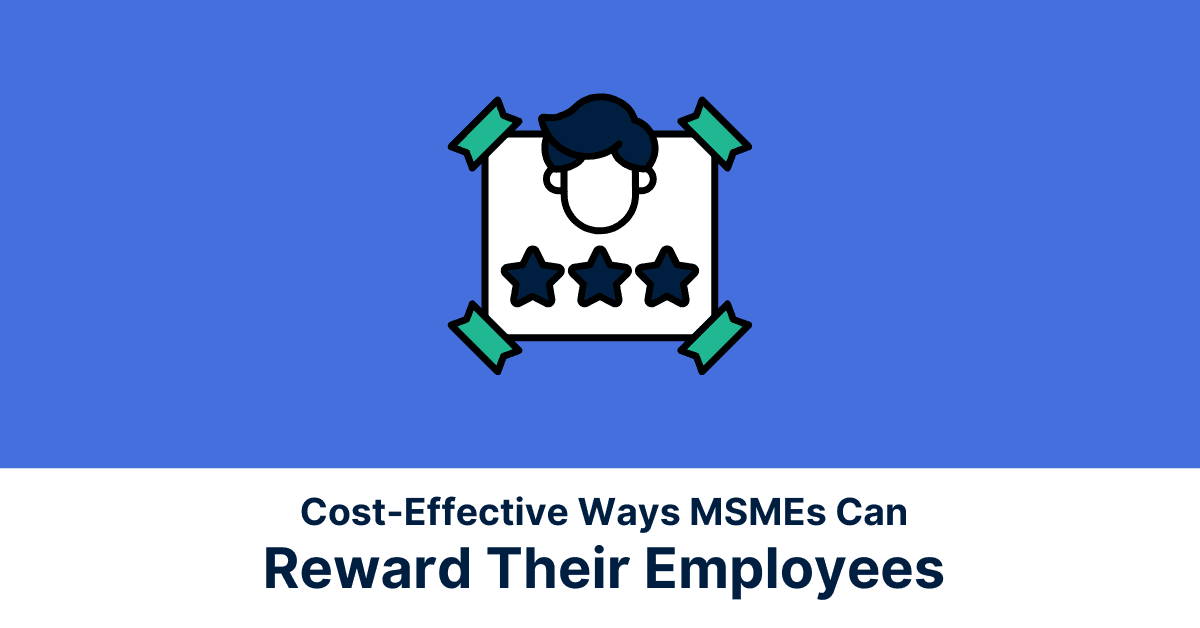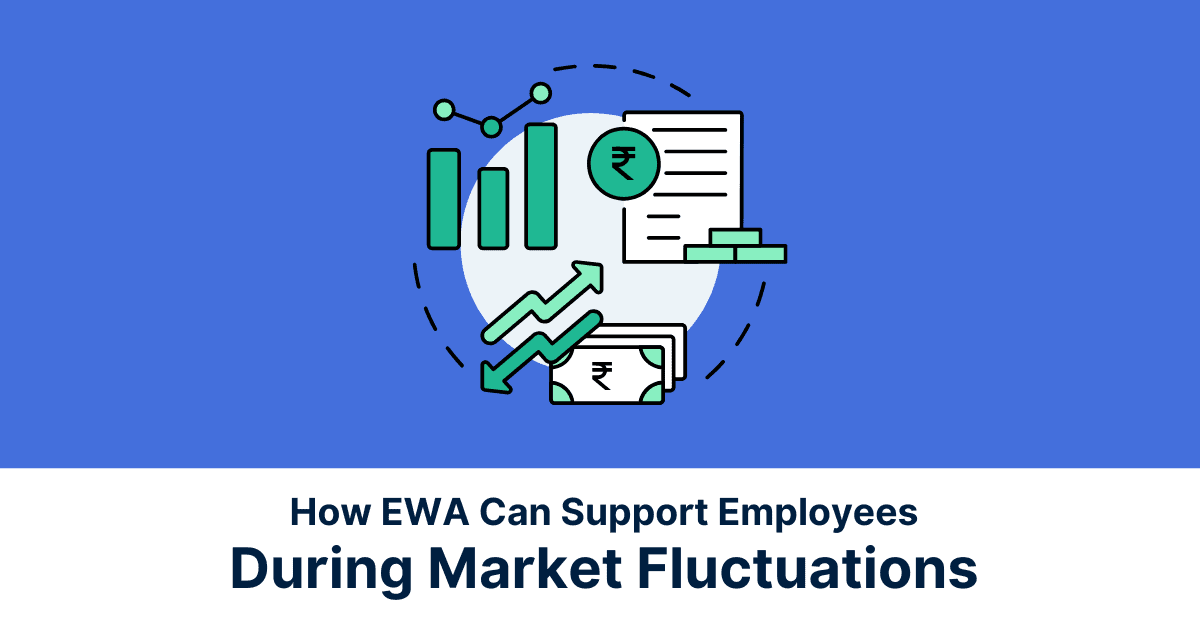A salary ensures employees fulfill the basic requirements of their job, but what motivates them to overcome challenges, persevere during stressful times, and strive for personal and business growth? This is where employee benefits become important, as they play a crucial role in achieving this.
There is a wide range of employee benefits commonly offered by organisations to attract and retain talent. Some of the most frequently known ones include:
Allowances and reimbursements
Employers often offer additional monetary benefits alongside basic pay, including transportation allowances for commuting, medical allowances for sick leave, and house rent allowances for accommodation expenses.
Sick leave and casual leave
Sick leave is a paid leave that promotes a healthy work environment by encouraging unwell employees to stay home and rest. This prevents the spread of illnesses, safeguarding both the individual and their colleagues from contagious diseases.
Maternity leave
Maternity leave is a crucial and compassionate benefit provided by employers to pregnant employees, allowing them time off work to give birth, recover, and care for their newborn.
Private health insurance
Private health insurance stands as one of the most sought-after employee benefits, offering comprehensive medical coverage. This benefit, provided by many employers, holds much value for both the employees and the organization itself.
Public holidays
In India, public holidays vary by region, with only three national holidays: Republic Day (January 26th), Independence Day (August 15th), and Gandhi Jayanti (October 2nd). Employers typically offer 10 days of flexible paid leave to accommodate the diverse state-specific holidays.
Paid time off
Paid Time Off (PTO) is an essential employee benefit that gives essential flexibility and fosters a healthier work-life balance. PTO enables employees to recharge and rejuvenate, reducing stress and preventing burnout. Taking regular breaks through PTO contributes significantly to employees’ overall health.
Daycare provisions
Employees who come back to work after maternity leave (companies employing 50 or more individuals) have the right to access employer-funded daycare services.
Employers can either offer on-site daycare, engage an external provider, or provide a reasonable stipend to cover these services. However, this benefit is not applicable to new mothers working remotely from home.
Let’s look at some reasons to answer the question- Why are employee benefits important?
1. Retaining Experienced Employees
Offering benefits is instrumental in retaining skilled employees. Experienced staff members bring immense value to a company due to their expertise and knowledge, which directly contributes to higher productivity. An appealing benefits package not only attracts highly skilled professionals but also motivates them to remain with the organization.
2. Boosting Employee Morale
Employee benefits can improve employee morale, which is the level of happiness and motivation that employees feel. When employees have good benefits, they are more likely to be satisfied with their jobs and feel secure and cared for. This can make them more motivated to do their best work.
3. Attracting High-Performing Talent
In a competitive job market, offering attractive benefits can make a big difference in attracting top talent. Employees often evaluate job opportunities based on the overall compensation package, which includes benefits such as health insurance, retirement plans, and paid time off.
4. Reduces Employee Turnover
Employee turnover happens when an employee resigns and joins another organisation. Employee benefits can help retain your workforce. When employees feel valued and appreciated, they are less likely to leave the organisation. The employee benefit programs offered show employees that you care about their financial security and well-being.
5. Increases Overall Efficiency
Investing in employee benefits can pay off in the long run by reducing turnover costs and increasing productivity. When employees feel valued and supported, they are more likely to stay with the company and be more productive in their roles. This can save the company money and time in the long run.
6. Propels Employee Wellness
Employee benefits go beyond financial rewards, they contribute significantly to the overall well-being of the workforce. Wellness programs, mental health support, and gym memberships are examples of employee benefit programs that help in supporting physical and mental health.
When employees feel supported in their well-being, they are more productive, engaged, and satisfied in their jobs, creating a positive work environment.
7. Promotes Better Teamwork
Employee benefit programs can boost teamwork too. When employees are happy and satisfied, they’re more likely to work well together. They can create a feeling of community and make employees feel more connected to each other.
8. Increases Job Satisfaction
Employee benefits are closely linked to job satisfaction. When employees have access to benefits that meet their individual needs, such as flexible work schedules or childcare assistance, they are more likely to be content in their roles. This leads to higher job satisfaction, which can boost productivity and create a positive work environment.
9. Enhances Employee Loyalty
Individuals are more likely to develop an emotional connection with the company when they see the investment made in them through benefit programs. This gives a sense of being valued and employees feel the need to reciprocate their gratitude by staying long-term with the company.
10. Promotes Work-Life Balance
A constant yardstick that an employee uses to assess their well-being in a company is the work-life balance that it gives. Benefit programs such as paid leaves, hybrid and remote work options have a significant impact in creating a healthy work-life balance. This fosters better motivated and content employees.
Examples of Modern Employee Benefits
With the changing working scenarios, employee benefits also need to be modern in their offerings. Some easy ways of modernizing employee benefits packages are:
Financial Wellness and Savings tools
This is a a vital need for employers and employees.
An ideal financial wellness solution goes beyond mere financial tracking. It should encompass 1:1 financial coaching, smart savings tools, and incentives to help individuals manage everyday expenses more effectively.
Earned Wage Access or EWA
Earned Wage Access (EWA) or also known as Salary Advance is a benefit that can be provided by the employer to their employees, allowing them to access their wages on need-basis, before the actual payday.
EWA is a smarter option that not only helps in meeting emergency financial needs but also safeguards employees from having to borrow or fall into a debt trap of predatory loans.
Jify is one such smart financial wellness provider for employee-focused organisations.With simplified EWA integration, Jify also provides a wide array of financial wellness solutions such as financial coaching, modern savings tools like digital gold and a Rupay Card that enables smarter spending.
Considerate Leaves
With the increasing uncertainty in the world, there is a growing need for flexible leave policies that allow employees to take time off when they need it. Offering a more generous leave system, such as compassionate leave and better maternity leave, can make a big difference in how employees view their company.
Most employees want to feel like they are valued members of their team, and one of the best ways to show them this is to be considerate of their personal needs.
Mental Health Programs
In today’s post-pandemic world, health concerns are on the rise and people are more aware of the importance of holistic wellness. This includes mental health as well as physical health. As a result, organisations have a responsibility to make sure that their employees are mentally well, as well as physically fit.
There is still a stigma surrounding the subject of mental health, so employers need to have mental health programs in place to help normalize conversations about mental health in order to facilitate an accepting work environment. These programs should also provide employees with structured solutions to help them improve their mental well-being, such as confidential counselling, movement workshops, or financial counselling.
Should you be investing in employee benefit programs?
The importance of employee benefits cannot be ignored, it goes beyond financial compensation as they serve as strong pillars that hold the ecosystem of a workplace together. According to Glassdoor’s 2015 Employment Confidence Survey, about 60% of people report that benefits and perks are a major factor in considering whether to accept a job offer. The survey also found that 80% of employees would choose additional benefits over a pay raise.
Bigger organisations have taken it up a notch by providing over-the-top perks such as which include lunches made by a professional chef, biweekly chair massages, and yoga classes.But what should smaller companies do when they cannot afford big-sized benefits?In such cases, one doesn’t have to break the bank to provide benefits to their employees.Benefits such as flexible hours, more paid vacation time, and work-from-home options are valuable benefits that hold a lot of significance and can retain employees.
Next time, when the question of why are employee benefits important arises; benefits should not be seen as a cost to the company, instead should be viewed as an investment. They pave the way for a brighter, more productive future for both employees and the organisations they serve.
*Disclaimer:
The information contained herein is not intended to be a source of advice concerning the material presented, and the information contained in this article does not constitute investment advice. The ideas presented in the article should not be used without first assessing your financial situation or without consulting a financial professional.
